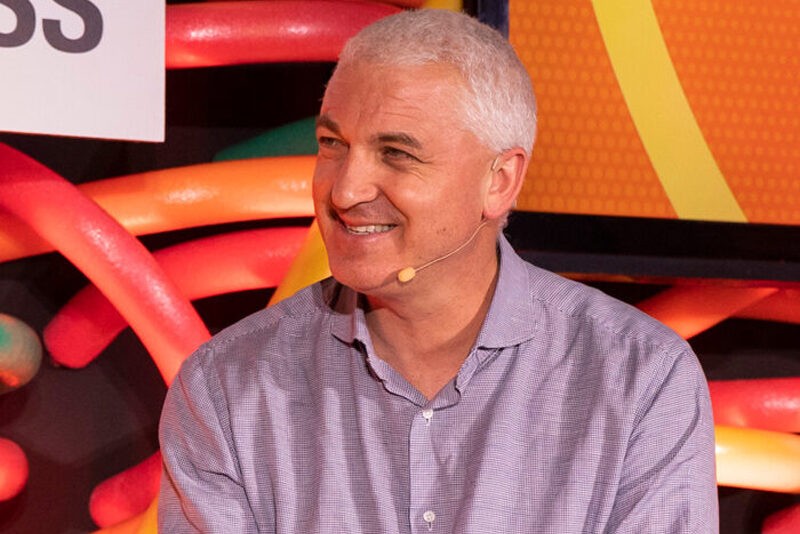Como os programas de TV fizeram sobre a WeWork.
A popularização da palavra Startup é frequentemente atribuída ao livro "Startup: Uma aventura em Silicon Valley", publicado por Jerry Kaplan em 1995. A IPO da Netscape, que rendeu a Marc Andreessen o seu primeiro milhão, também ocorreu em 1995. As pessoas inundaram o vale até que o crash de 2000 trouxe um inverno nuclear económico. Foi preciso muito para voltar a andar, mas depois de 2008, os bancos centrais disponibilizaram muito dinheiro e temos estado numa espécie de corrida de touros até aos dias de hoje.Atualmente, vivemos uma situação semelhante à do gato de Schrödinger. Com a liquidez a secar devido à geopolítica, os fundadores estão a converter dinheiro e a enfrentar um trabalho árduo de até cinco anos para crescerem até à suaavaliação. No entanto, ao mesmo tempo, os domínios das criptomoedas, Al, DeFi e Web3 deixam alguns investidores mais entusiasmados do que nunca.Como investidor, mas também como alguém que ainda se considera um empresário, vejo muitos destesplanos de negócios. Nalguns aspectos, não sãoassim tão diferentes, o modelo de Pitch Deck da Sequoia Capital continua a ser supremo. Mas o que osdistingue é o facto de, em tempos, a tónica ser colocada em como começar, agora não ser mais colocada em como crescer. Todas as empresas, de Adis Abeba a Zagreb, estão a falar em grande. As empresas em fase de arranque tornaram-se, de facto, pré-escalas, o tipo de fase de experimentação necessária para identificar um modelo de negócio repetível e escalável. No meu caso, há pelo menos dez anos que defendo que a verdadeira ação é a expansão, na qualidade de Diretor Executivo do Owners Scaleup Program da IE Business School. Na sequência da minha própria história como cofundador de uma empresa que angariou mais de 75 milhões de dólares e escalou para 250 pessoas, a palavra arranque não parecia ser o sítio certo para colocar a ênfase. Qualquer pessoa pode criar uma empresa e muitas criaram-na, mas mais empresas em fase de arranque não significava mais empresas em expansão. Era claro para mim que precisávamos de colocar mais ênfase na parte da expansão e menos no arranque. A boa notícia é que penso que isto está finalmente a começar a acontecer.Os Óscares das scaleups não existem, mas se existissem, as nomeações iriam para Adam Neumann da WeWork, Elizabeth Holmes da Theranose Travis Kalanick da UBER. Em cada um dos casos, a história da suaascensão de zero a bilionário é uma daquelas raras histórias de negócios que se destacam. We Crashed, realizado pela Apple TV+, conta a história de Neumann e da sua mulher Rebekah, conhecida pelo seu desejo de "elevar a consciência do mundo". The Dropout, feito pela Disney, tem como centro a Elizabeth Holmes de pólo preto e os executivos da Walgreens que roubam a cena, mais interessados em planos de lançamento detalhados do que nos ditos de Yoda. Finalmente, temos Travis em Super Pumped, da Showtime. As cenas com Bill Gurley da Benchmark Capital são citáveis da mesma forma que The Godfather. Hátambém um podcast (ou dois), um livro (ou dois), bem como um documentário e, agora, um denunciante. Finalmente, háscaleups que as pessoas para além do mundo restrito dos negócios conhecem. Finalmente, as pessoas com quem falo percebem o que faço para viver: "Já viste Super Pumped, The Dropout ou WeCrashed? Bem, eu estudo empresas como essas".

